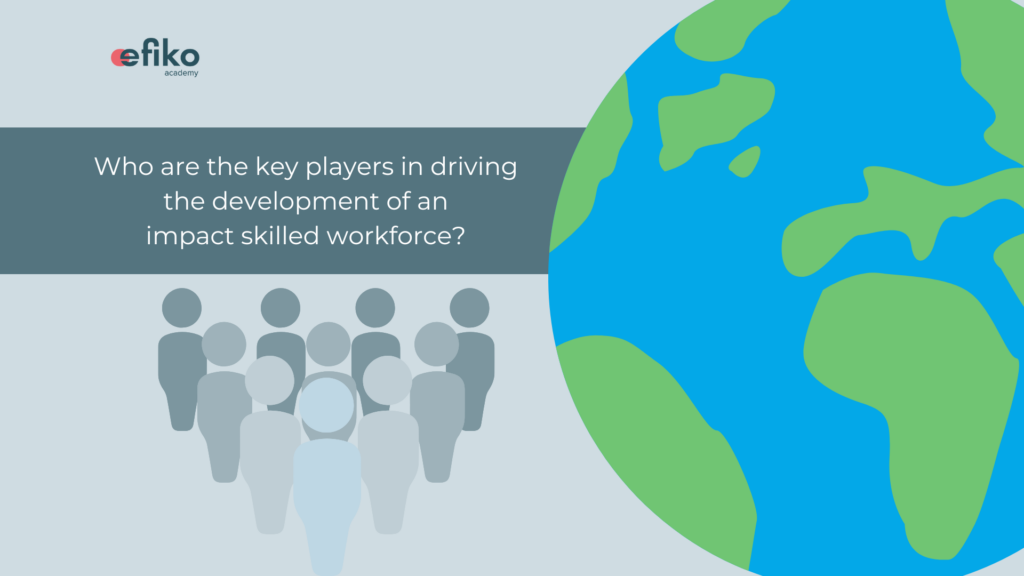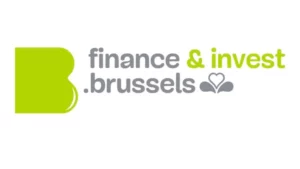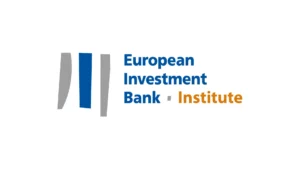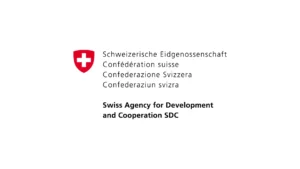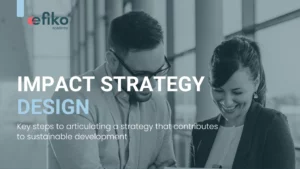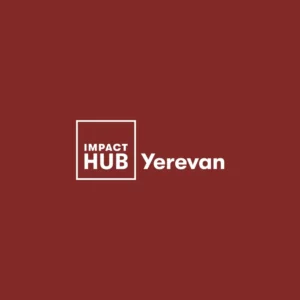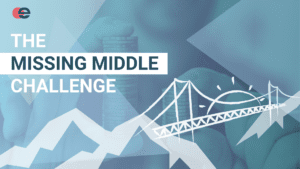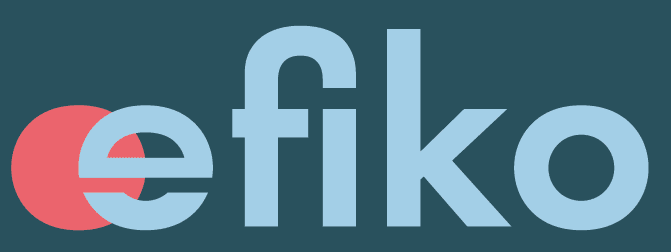A global problem requires a global solution
The most urgent problems facing us are global issues. The complexity and interconnectedness of the world’s most serious crises such as climate change demand that we stand together as a global community to find a solution. While upskilling employees and workers with green and social skills (impact skills) will help accelerate addressing crucial threats to our planet, the question remains of who needs to drive this upskilling development? There are multiple actors contributing pieces to the puzzle, each bringing their own strengths but with limitations to their individual outreach.
The role of higher education
Academic institutions are pivotal in preparing future generations to act upon the sustainability challenges we face, and teach the necessary impact skills before they join the workforce. The influence of higher education institutions can also reach those already in the workforce via evening and weekend classes or short courses on sustainability. The efforts taken by academic institutions to implement this over the last decade should be applauded.
Nonetheless, limitations stand. Generally speaking, higher education does not go beyond the scope of young adults and sustainability teaching is not embedded across all curricula. Access to universities can be deemed as ‘exclusive’ and can further ingrain higher education as an elitist institution due to high costs, insufficient grant schemes, geographical location and a prerequisite for a certain level of knowledge. Finally, although university reform could make a great difference in upskilling individuals entering and working in the workforce, the cost and prerequisites mean it cannot solve the problem alone.
Nonetheless, limitations stand. Generally speaking, higher education does not go beyond the scope of young adults and sustainability teaching is not embedded across all curricula. Access to universities can be deemed as ‘exclusive’ and can further ingrain higher education as an elitist institution due to high costs, insufficient grant schemes, geographical location and a prerequisite for a certain level of knowledge. Finally, although university reform could make a great difference in upskilling individuals entering and working in the workforce, the cost and prerequisites mean it cannot solve the problem alone.
The role of the public sector
Upskilling workers with green and social skills is in the public interest, since the results will benefit the whole of society. By creating financial incentives for learning via subsidies and grants, money is no longer a barrier for individuals seeking to upskill themselves as well as organisations investing in upskilling their employees. Through this implementation, accessibility can be wide and even be tailored to target certain groups to maximise impact, in particular from a social point of view. While the public sector can’t provide the solution as such, it undoubtedly has an important indirect catalyser effect on accelerating the pace at which our workforce becomes sustainably skilled.
The role of the private sector
Two distinct approaches should be on the agenda of every private organisation. First of all, the company should take responsibility to upskill staff on critical and relevant sustainability skills and where possible, also provide access and cover costs. Secondly, by requiring impact skills in job descriptions, workers are motivated to take individual responsibility to upskill themselves for job applications, placing some responsibility on the workforce.
The role of online learning platforms
During the pandemic, many more online learning platforms emerged to tackle some of the key obstacles mentioned above. As part of the private sphere, online learning platforms can accelerate upskilling the workforce by providing learning opportunities and resources. In contrast to live, on-campus courses, they can reach as many people as possible. Above all, the establishment of a universal accreditation programme can provide professional and respected credentials to open up job opportunities for learners.
An often cited roadblock with established institutions is the time length of academic curricula, usually taking a number of months or semesters. The duration of online courses is usually a couple of hours, with bite-sized content you can take at your own pace or live, interactive sessions delivered by an expert. This makes the adoption of impact skills a viable reality for workers, no matter their lifestyle.
Moreover, online learning has developed a culture of collective effort and sharing of knowledge. It moves away from the traditional structure of a teacher-student learning environment; online courses bring together the collaboration of experts, the sharing of international minds and ideas and a global network of like-minded people. This gives practitioners, who are active in the field, the chance to spread their practice-based knowledge (as well as academics).
Nonetheless online learning is not without limitations. Firstly, content is conveyed in a broader context meaning specialised adaptation of the knowledge is necessary for local-level implementation. And of course, online learning is less experiential than live teaching, consequently, practical examples and case studies need to be included in the course programme in order to bring a pragmatic element.
An often cited roadblock with established institutions is the time length of academic curricula, usually taking a number of months or semesters. The duration of online courses is usually a couple of hours, with bite-sized content you can take at your own pace or live, interactive sessions delivered by an expert. This makes the adoption of impact skills a viable reality for workers, no matter their lifestyle.
Moreover, online learning has developed a culture of collective effort and sharing of knowledge. It moves away from the traditional structure of a teacher-student learning environment; online courses bring together the collaboration of experts, the sharing of international minds and ideas and a global network of like-minded people. This gives practitioners, who are active in the field, the chance to spread their practice-based knowledge (as well as academics).
Nonetheless online learning is not without limitations. Firstly, content is conveyed in a broader context meaning specialised adaptation of the knowledge is necessary for local-level implementation. And of course, online learning is less experiential than live teaching, consequently, practical examples and case studies need to be included in the course programme in order to bring a pragmatic element.
The solution = a collaborative effort
While the clock is ticking and urgency looms, it is clear that we need stronger collaboration between all actors to guarantee the fast and wide adoption of impact skills. At Efiko Academy, we bring one piece of the puzzle. We invite practitioners with specific knowledge and a drive for training to partner with us to make new course content.
Our latest blog series will explore the critical skills to develop for a career in impact investing, impact measurement and impact management, so that you can ensure you have a positive environmental and social impact. Stay tuned for the next article!

